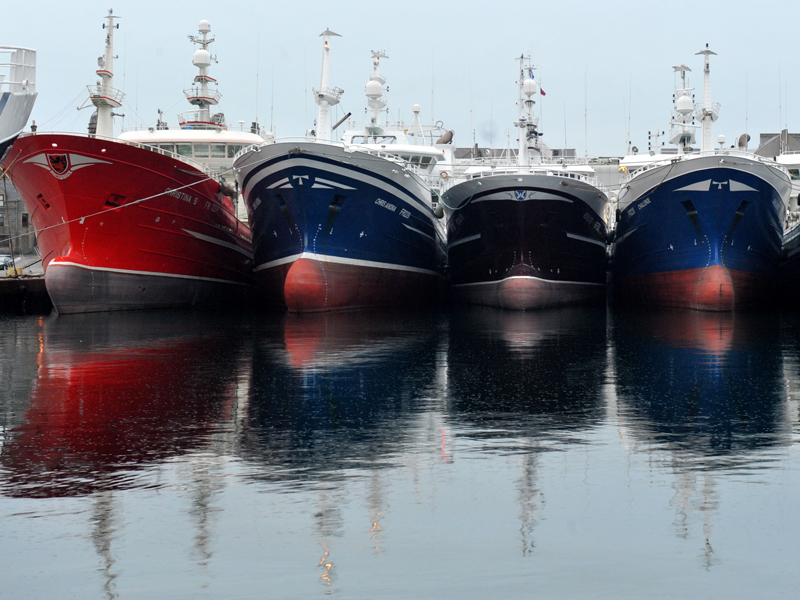A Fraserburgh councillor has called for a major change in the way fishing quotas are designated, saying that they are hampering new fishermen breaking into the industry.
At present, many of Scotland’s fishermen are given their allocation through fish producer organisations who manage their members’ quotas and can hold ‘dummy’ fishing licences to which they can assign a quota to on behalf of their members or third parties.
Quotas may also be traded between fishermen or held.
Councillor Charles Buchan, a former fisherman himself, has said that this current process is untenable.
He said: “The downside is that the quotas are rented out, sometimes on a daily basis, to active fishermen who have not enough quota of their own.
“It is not uncommon for boats, due to the price asked for quota, to decide not to catch fish at a loss, and decide not to go to sea because it would not be profitable. Many fishermen cannot afford to employ local men as traditional share fishermen, but have to employ overseas fishermen on a contract basis, thus depriving the local communities of high wages.
“It is sometimes the case that the ‘slipper skippers’ hoard quota, hoping leasing costs will rise as the season goes on, and desperate fishermen will be forced to pay over the odds for quota leasing rights.
“The present system is also inimical to new entrants to the industry. First you have to source funding for a few million for your first boat and gear, then another few million to buy quota in the market place. Without your own quota, a new fisherman will be at the mercy of the shore-side financiers’ quota leasing rates.”
The Scottish Government is currently consulting fishermen about the future of the quota system. They are asking those taking part if the system should remain the same, if improvements such as taking steps to control leasing costs should be taken, or if a new system should be sought completely.
In a letter to consultees, Cabinet Secretary Richard Lochhead said: “As you consider your thoughts, I ask you to weigh in the balance the risks of doing nothing, of leaving things as they are because of an understandable worry about change. I well understand that in recent years change seems to have been all there has been.
“Many people that I speak to say that the fishing industry is rapidly approaching a tipping point that it may be difficult to pull back from. I am concerned as others are that the risk of doing nothing could be an accelerating consolidation of power and profit.”
The consultation ends on November 28.
